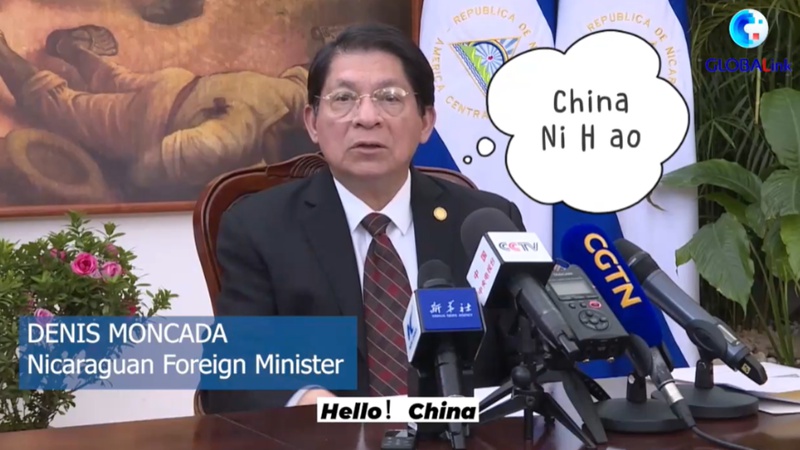WASHINGTON, March 11 (Xinhua) -- During a meeting with U.S. President Donald Trump on Wednesday, leading Wall Street bankers said that major U.S. banks are "strongly capitalized" to help U.S. consumers and small businesses weather the COVID-19 outbreak.
"The CEOs of the large banks here want you to know that because of all the work done on the capital, liquidity ... we're very strongly capitalized," Brian Moynihan, chairman and chief executive officer (CEO) of Bank of America, told Trump along with other bankers.
"All of us are providing relief to any customer that has an issue of being out of work for the virus," Moynihan said, adding banks are helping clients and customers continue to have access to credit.
Noting that "this is not a financial crisis," Citigroup CEO Michael Corbat said the banks are "in sound shape" and markets have performed "in an orderly way."
"I think the market is going through a discovery phase of really trying to figure out what earnings are going to look like and where valuations should be," he said.
Ken Griffin, chief executive of hedge fund Citadel, and several other bankers urged the Trump administration to unveil a fiscal stimulus plan to help small businesses hit by the COVID-19 outbreak.
"The weak spot are the smaller businesses that don't have the financial flexibility, and in particular are workers who are part of the gig economy," Griffin said, "how do we think about where are necessary direct fiscal support to the individuals in our economy who are least secure in their employment?"
The meeting was held as the Trump administration seeks feedback from the financial industry to explore ways to support the economy, in particular industries, throughout the COVID-19 outbreak.
The Dow Jones Industrial Average plunged more than 1,400 points to end in a bear market on Wednesday in a continued wild session as coronavirus fears intensified on Wall Street.
Last week, the U.S. Federal Reserve lowered the target range for the federal funds rate by 50 basis points to 1 to 1.25 percent, its first emergency rate cut since the 2008 financial crisis, as the COVID-19 outbreak posed "evolving risks" to economic activity.











